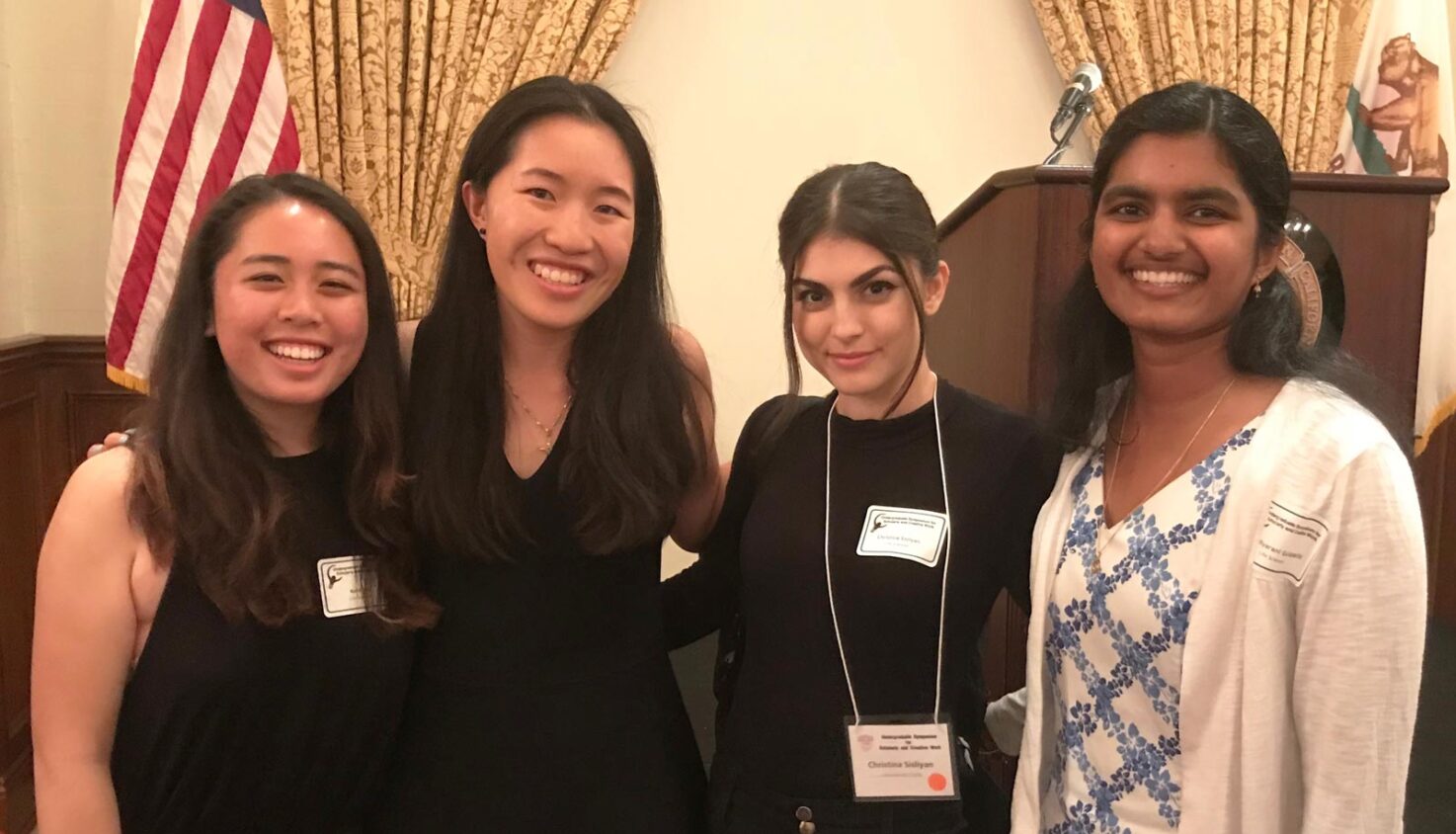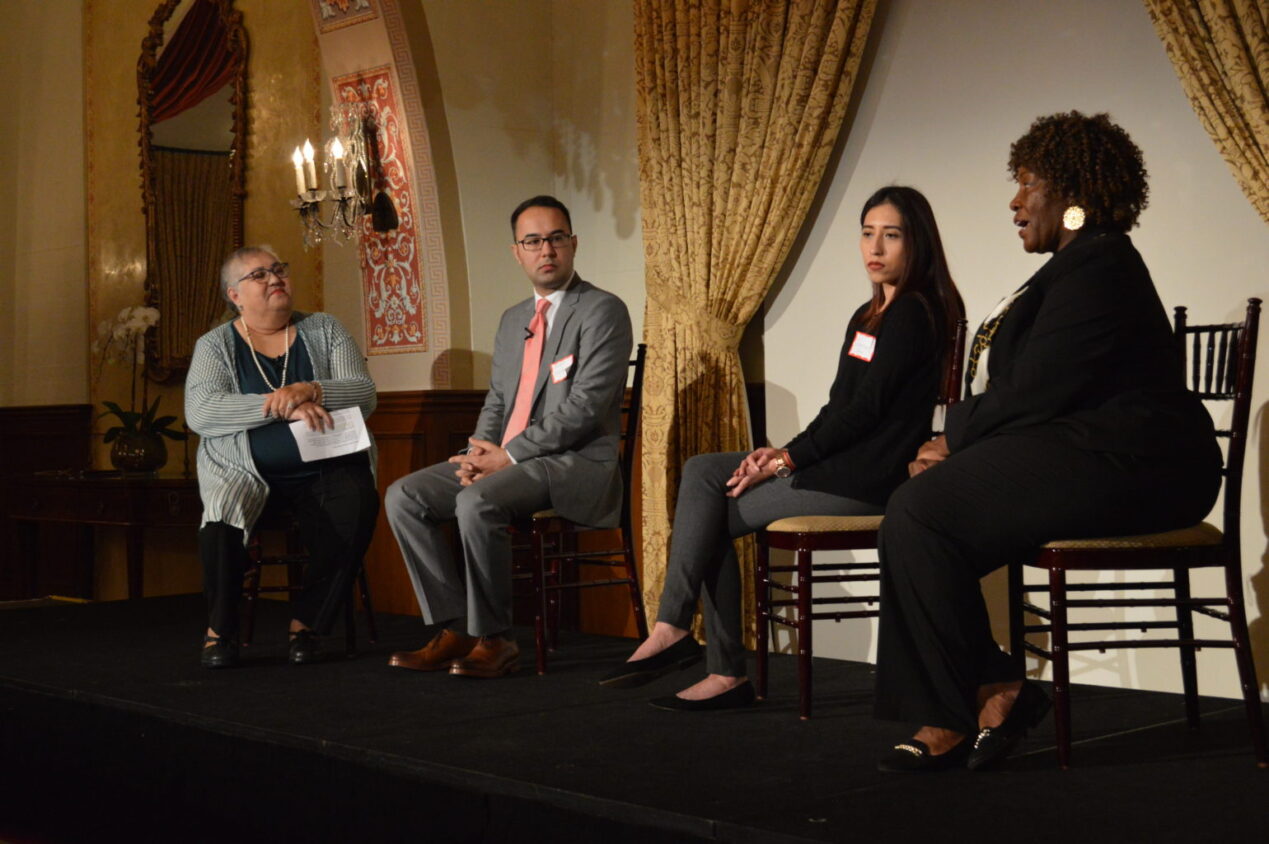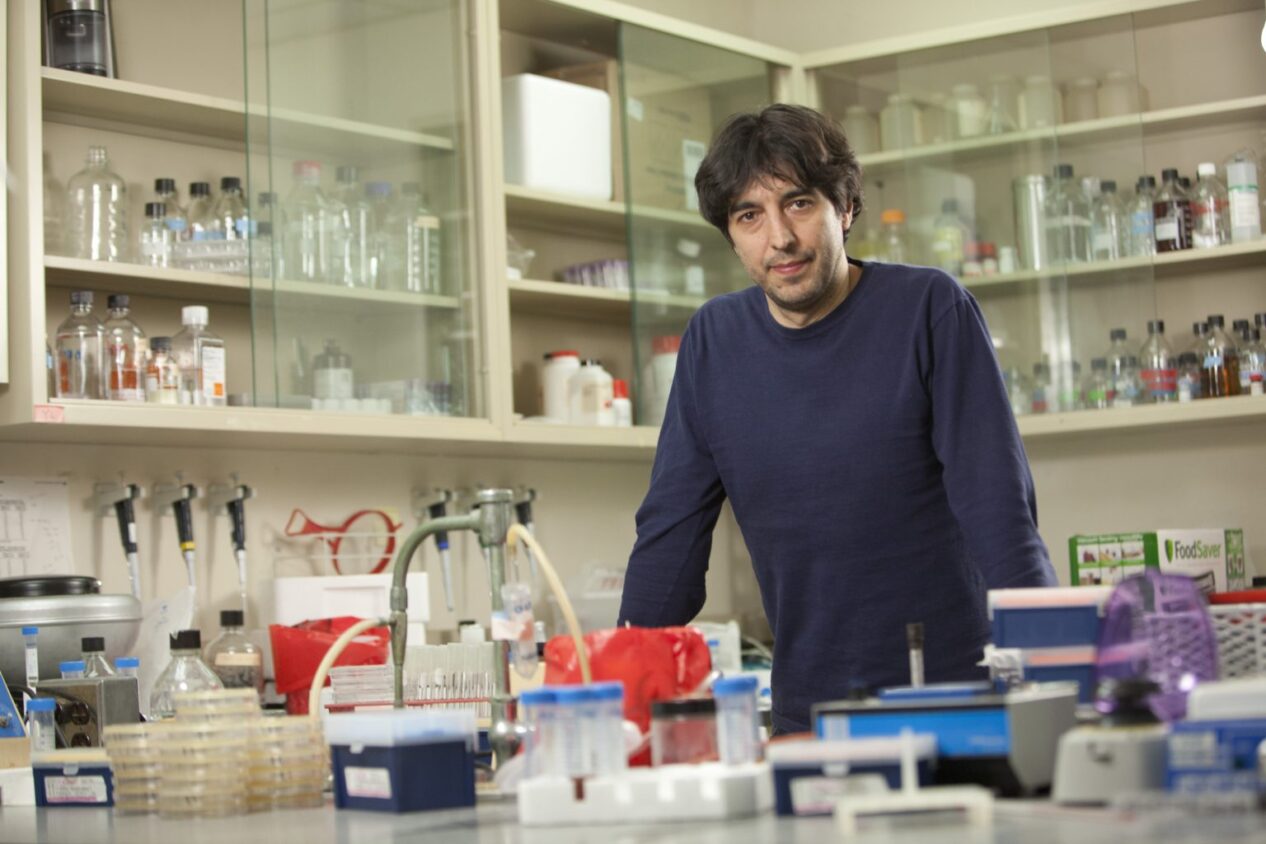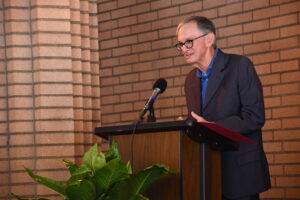Newsweek featured research by Eileen Crimmins of the USC Leonard Davis School that found college-educated Americans live longer without dementia and Alzheimer’s disease. The researchers found a college education was a strong indicator of more years spent with a healthy mind. “This association between the increase in college attainment and the decline in dementia prevalence is good news for people who have completed some higher education or earned a degree, but what does it mean for people who are less educated? They are more likely to develop dementia, and live longer with it,” Crimmins said.
The Wall Street Journal published commentary by Paul Irving of the USC Leonard Davis School about the rise of loneliness for older adults and how it is a growing public health issue. “By recognizing the magnitude of the loneliness epidemic, confronting the realities and developing solutions, we can improve lives, communities and businesses. Instead of songs of loneliness, we’ll be humming a different tune, something like the Beatles lyrics, ‘I get by with a little help from my friends,'” Irving wrote.
Inside Higher Ed featured two research studies by Eileen Crimmins of the USC Davis School and Julie Zissimopoulos of the USC Schaeffer Center – who worked on the second study with Crimmins – that found college-educated Americans live longer without dementia and Alzheimer’s disease, and how chronic disease impacts the onset of dementia-related conditions. Crimmins’ first study found a college education was a strong indicator of more years spent with a healthy mind. Zissimopoulos and Crimmins found that reducing cases of chronic disease, like hypertension and diabetes, did improve health and life expectancy, but increased the number of years spent with dementia.

Three USC Leonard Davis undergraduate students were recently recognized for their scientific achievements at the 20th Annual Undergraduate Symposium for Scholarly and Creative Work on April 11.
Sandhyarani (Sandhya) Gullapalli, mentored by Patrick Sun, PhD, of the Davies Lab, earned second place in the category of Life Sciences I for her poster “Potential Local Adaptation to Stress in Mitochondrial and Nuclear Protein Degredation Measured in Lon Protease and Proteasome Activity in a Widely Distributed Intertidal Marine Organism”.
Sarah Wong received second place in Life Sciences II for her poster “Tissue-Specific and Systemic Adaptation to Oxidative Stress in D. melanogaster”.
Christina Sisliyan’s poster, “Is the Adaptive Homeostatic Response to Oxidative Stress Sexually Divergent in D. melanogaster,” earned an Honorable Mention in the category of Life Sciences II.
Sisliyan and Wong were both mentored by Laura Corrales-Diaz Pomatto, USC’s first Biology of Aging PhD graduate, who is currently at the National Institute on Aging at the National institutes of Health. All three honorees are members of Professor Kelvin Davies’ lab.
Sponsored by the Office of the Provost, the symposium provides undergraduates with the unique opportunity to exhibit and share examples of their significant research and creativity with the university community and features research in arts, humanities, social sciences, life sciences, physical sciences and math and engineering. Students present work in a variety of ways, such as through poster/panel sessions, art exhibits, and electronic media. With $1000 first prizes and $500 second prizes in each category, the event awards over $15,000 in prizes each year.

Marketwatch quoted Jennifer Ailshire of the USC Leonard Davis School on how different genders define self-worth during aging.



Time quoted Valter Longo of the USC Leonard Davis School about the cause of inflammation in the human body. “In disease states, the good inflammation becomes chronic, or at least dysfunctional,” Longo said.






